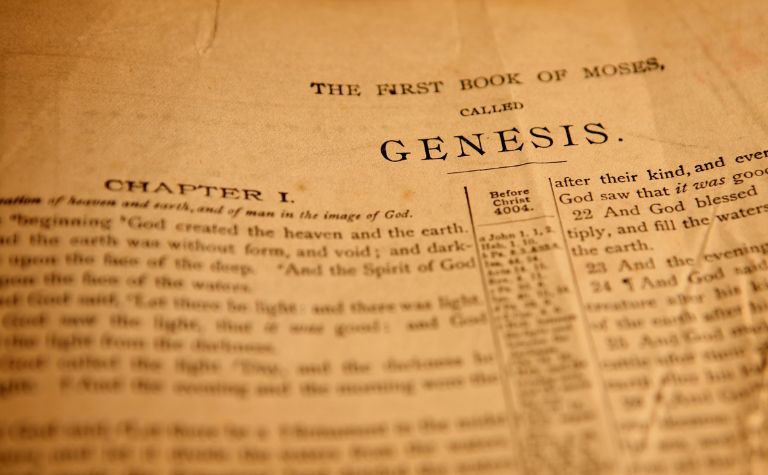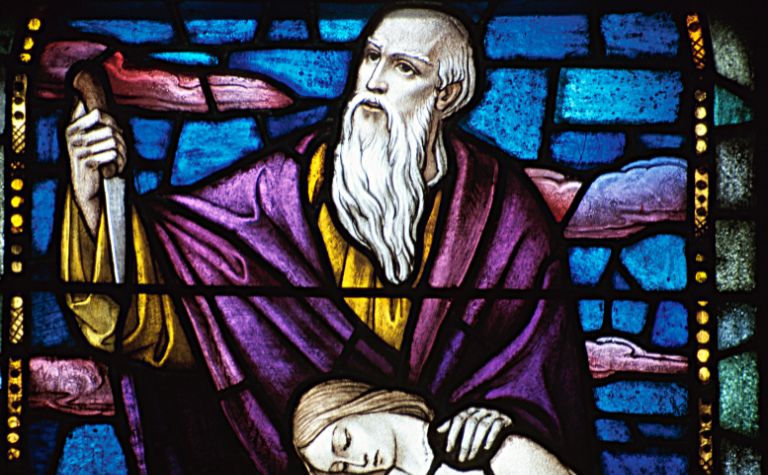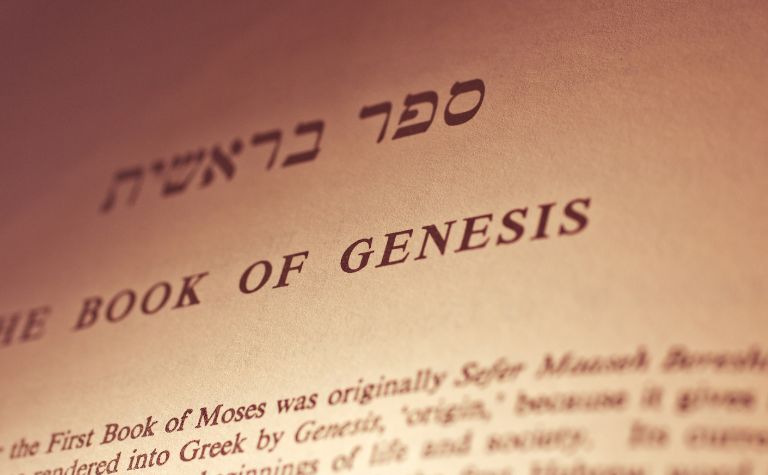Abraham is one of the most influential figures in the Bible. His story is told in the book of Genesis, and its themes and promises echo through the Old and New Testaments. Because of his significance, Bible readers are interested in the details of his biography, including the identity of his family members.
Abraham’s father was named Terah. His name may mean “ibex.” Terah was also the father of Nahor and Haran. Genesis reports that he moved his family from Ur of the Chaldees, north along the Euphrates River, to Haran. Terah intended to enter the land of Canaan but died en route.
Who was in Terah’s family? What does the Bible say about his father, his wife, and his children? What verses mention him and why? Does Joshua indicate that Terah worshipped false gods? Keep reading to learn the answers to these questions and others.
Also, the setting of Genesis is mysterious to many readers. Discover when Abraham lived for more understanding, including what scholars estimate his birth and death dates are.

The Life of Terah According to Genesis
The Bible barely mentions Terah. His story is briefly told at the beginning of Abraham’s narrative. The details Genesis reports about him mostly regard the members of his family and their migration north. The significance of everything Scripture mentions about Terah is its relationship to Abraham’s story.
Terah’s family
Abraham’s grandfather, Terah’s father, was named Nahor. Terah was born when Nahor was 29 years old. “When Nahor had lived 29 years, he fathered Terah” (Gen. 11:24, ESV).
Readers shouldn’t confuse this Nahor with Terah’s other son, who he named after his father. “When Terah had lived 70 years, he fathered Abram, Nahor, and Haran” (Gen. 11:26, ESV).
The name Nahor is also the name of a city in Mesopotamia in later generations. “Then the servant took ten of his master’s camels and departed, taking all sorts of choice gifts from his master; and he arose and went to Mesopotamia to the city of Nahor” (Gen. 24:10, ESV).
| Hebrew word | תֶּרַח |
| Part of speech | Proper Name |
| Transliteration | Terach |
| Pronunciation | teh’-rakh |
| Definition | Terah |
The Bible never mentions Abraham’s mother. He had brothers and sisters, but they aren’t mentioned either. Genesis reports that Nahor died at 148 when Terah was 129 years old. “And Nahor lived after he fathered Terah 119 years and had other sons and daughters” (Gen. 11:25, ESV).
Terah’s migration
Haran died before the next stage in the life of Terah and his family. “Haran died in the presence of his father Terah in the land of his kindred, in Ur of the Chaldeans” (Gen. 11:28, ESV).
Ur of the Chaldeans was a city in southern Mesopotamia in present-day Iraq. Abraham spent his childhood there.
“Terah took Abram his son and Lot the son of Haran, his grandson, and Sarai his daughter-in-law, his son Abram’s wife, and they went forth together from Ur of the Chaldeans to go into the land of Canaan, but when they came to Haran, they settled there” (Gen. 11:31, ESV).
Also, most readers of Genesis are familiar with Sarah, Isaac’s mother. Learn how many wives Abraham had and who they were to understand more.

References to Terah In the Bible
Nine verses in the Bible mention Terah. Seven are in Genesis. There is also one in Joshua and another in 1 Chronicles. However, the New Testament doesn’t mention Terah.
| Genesis 11:24 | When Nahor had lived 29 years, he fathered Terah. |
| Genesis 11:25 | And Nahor lived after he fathered Terah 119 years and had other sons and daughters. |
| Genesis 11:26 | When Terah had lived 70 years, he fathered Abram, Nahor, and Haran. |
| Genesis 11:27 | Now these are the generations of Terah. Terah fathered Abram, Nahor, and Haran; and Haran fathered Lot. |
| Genesis 11:28 | Haran died in the presence of his father Terah in the land of his kindred, in Ur of the Chaldeans. |
| Genesis 11:31 | Terah took Abram his son and Lot the son of Haran, his grandson, and Sarai his daughter-in-law, his son Abram’s wife, and they went forth together from Ur of the Chaldeans to go into the land of Canaan, but when they came to Haran, they settled there. |
| Genesis 11:32 | The days of Terah were 205 years, and Terah died in Haran. |
| Joshua 24:2 | And Joshua said to all the people, Thus says the LORD, the God of Israel, Long ago, your fathers lived beyond the Euphrates, Terah, the father of Abraham and of Nahor; and they served other gods. |
| 1 Chronicles 1:26 | Serug, Nahor, Terah |
Also, Abraham’s death and obituary conclude his narrative in Genesis. Yet many readers of Genesis want to know where Abraham is buried. See the article to learn more.

Did Terah Worship Other Gods?
In Joshua 24, Joshua, the military leader, and successor to Moses, recounts Israel’s history to the nation’s leaders. Joshua mentions that Terah “worshipped other gods” (NIV, NLT); other translations say he “served other gods” (ESV, KJV, NKJV, NASB).
Joshua 24:2 reads, “And Joshua said to all the people, ‘Thus says the Lord, the God of Israel, “Long ago, your fathers lived beyond the Euphrates, Terah, the father of Abraham and of Nahor; and they served other gods.”‘” (ESV)
One Bible scholar explains, “Joshua first looks back to the time when Abraham was as yet living beyond the river Euphrates. At that time, the forefathers served other gods… Joshua’s reference to the former idolatry of the fathers serves to underscore the gracious character of God’s call to Abraham.” [2]
What the Bible teaches, and a prominent Old Testament scholar confirms, is that Terah worshipped false gods at one point in his life. However, his conversion to follow YHWH is unclear. Genesis 11:31 reports that Terah led his family to Haran. In what ways God guided him in the process goes unstated.
What’s more evident in the Pentateuch and Joshua is that Terah’s false worship didn’t prevent God from graciously choosing Abraham to father the nation of Israel. Psalm 116:5 says, “Gracious is the Lord, and righteous; our God is merciful” (ESV).
The Apostle Paul upholds Abraham as an illustration of God’s grace. “For if Abraham was justified by works, he has something to boast about, but not before God. For what does the Scripture say? ‘Abraham believed God, and it was counted to him as righteousness'” (Rom. 4:2-3, ESV).
Also, names are important in the Bible. Discover what Abraham’s name means to get more insight.
References:
[1] The Book of Joshua by Marten H. Woudstra. NICOT. p. 344.
[2] The ESV Study Bible
Related Questions
The story of Noah, the flood, and the ark is one of the most iconic narratives in the Bible. Not only does the magnitude of the floodwaters leave readers awe-struck, but so does the faith that Noah...
Adam and Eve are the first humans God created. Readers know the pair as the first man and woman, and as the first people to rebel against God, which they did in the Garden of Eden. Did Adam and Eve...
